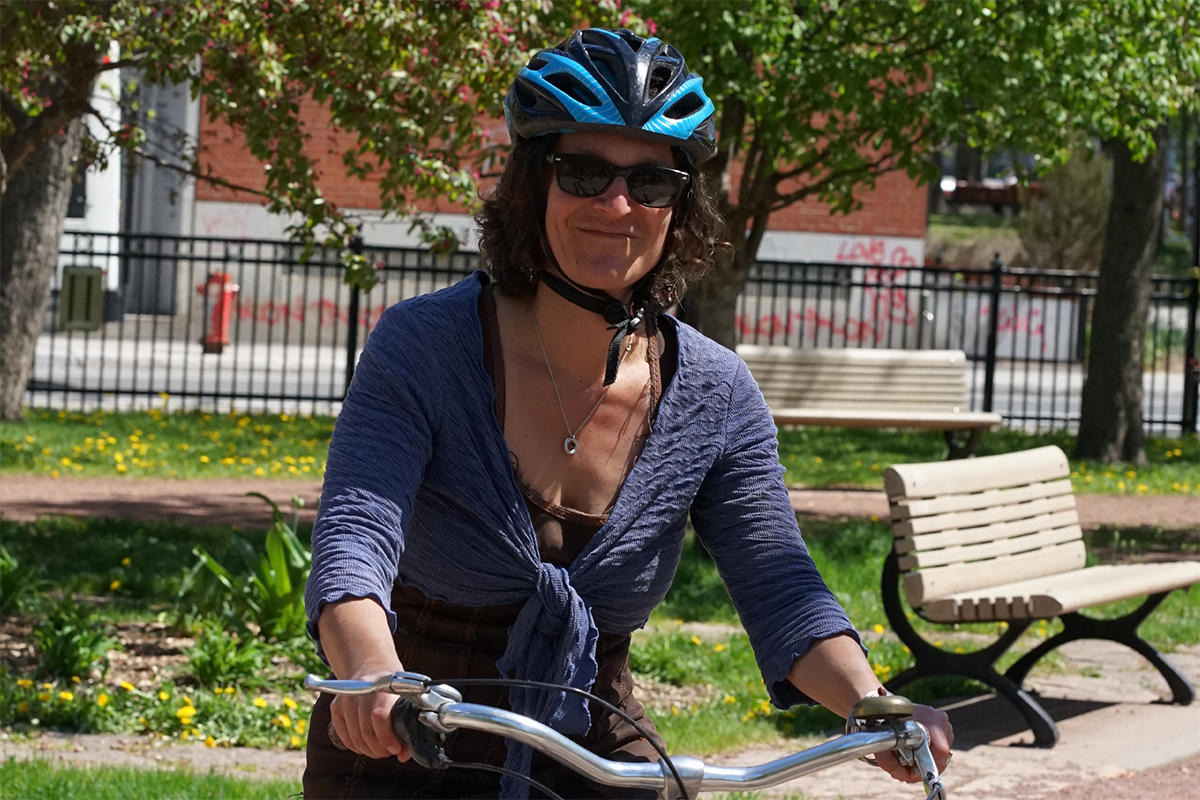Two minutes with a Scientific Director: Dr. Katherine (Kate) Frohlich
Today, we spoke with Dr. Katherine (Kate) Frohlich, Scientific Director of the CIHR Institute of Population and Public Health, to hear what impactful research is coming out of the Institute’s strategic initiatives.

CIHR: What is the most impactful research coming out of your field?
Dr. Frohlich: Canada is in a housing crisis. There are 9.4 million people living in a house that is below standards: housing that is unaffordable, overcrowded, or requiring major repair. Poor housing conditions can affect every aspect of a person’s health, leading to infectious diseases like tuberculosis, poor mental health, falls among seniors, and adverse childhood development. And these relationships are even more damning when it comes to the unhoused population.
Some of the most important research we are funding with our partners concerns a better understanding of how structural drivers such as legislation and policies, governance structures, ecological and commercial determinants influence the health of Canadians—and what we can do to improve the situation.
CIHR: How is this research making a difference?
Dr. Frohlich: This research is providing the evidence base to guide housing policy.
For example, the research of Dr. Karine Perreault, a CIHR Health Impact Fellow, can help policy decision making. Her preliminary findings show that spending more than 30% of your income on housing costs—that is, living in unaffordable housing—represents $4.2 billion that cannot circulate within Quebec’s economy. While not a direct health outcome, this economic strain has ripple effects on the well-being of both the population and economy.
Another important area of research focuses on aging in place. With support from CIHR’s Healthy Cities Research Initiative, Dr. Paula Rochon is studying naturally occurring retirement communities, or NORCs. These are buildings in the community with high concentrations of older people, and they create natural opportunities to deliver on-site health and social services, helping older people stay connected and independent longer.
And for those experiencing homelessness, Dr. Stephen Hwang’s research has demonstrated that through a program called “Housing First,” rapidly moving individuals into permanent housing, paired with intensive and ongoing support services, is an effective strategy. This program results in better health, long-term housing stability, and improvements in well-being for everyone in the community.
CIHR: That’s amazing. What message do you want people to remember?
Dr. Frohlich: When you factor in population health, it costs so much not to house people adequately.
We need to understand housing as an investment, not as an expense. Taking the example of several European countries, notably Denmark and Austria, their models show that it is profitable to invest in social and community housing. If we do this in Canada, we will end up repaying our initial investment in improved health.
For more information, please visit the CIHR Institute of Population and Public Health
- Date modified: